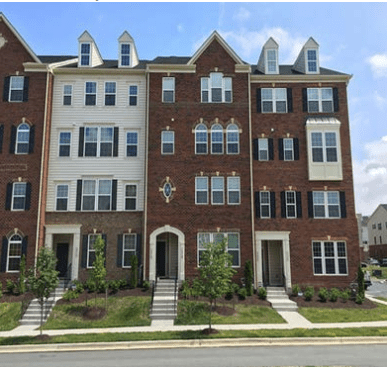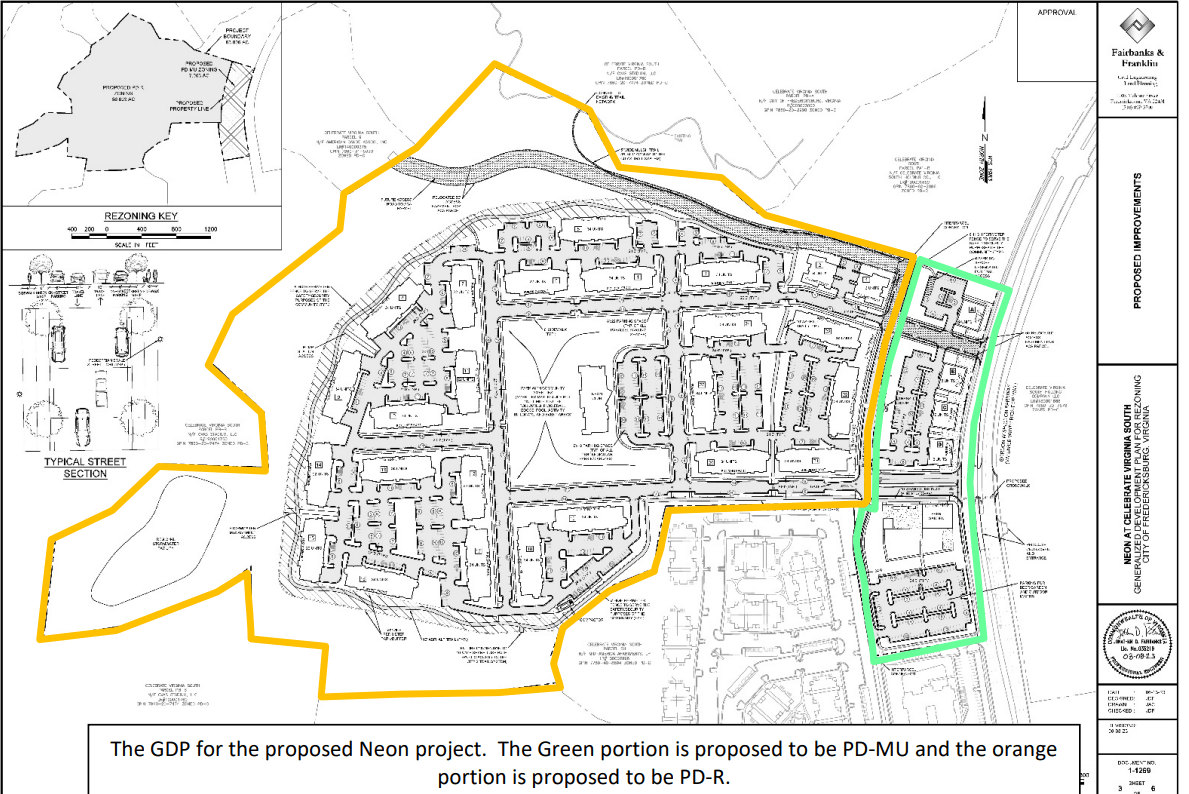
The city-wide conversation about density continued Tuesday night as City Council approved on first read a set of amendments to the unified development ordinance that would increase density in some zoning districts.
City Council initiated consideration of the proposed amendments by a resolution approved in May. The amendments are “intended to allow consideration of projects with design and unit-type variety, while lessening residential density than may be shifted off environmentally sensitive property,” according to a report prepared for the meeting by planning department staff.
Three of the amendments address planned development districts. There are four types of planned development districts in the city—commercial, mixed use, residential and medical— and their purpose is to “permit a greater degree of flexibility in terms of layout, design and construction…than is found in conventional zoning classifications,” according to the city’s zoning codes.
The amendments approved on first read Tuesday would allow for more than one single-family dwelling to be built per lot and would “provide design flexibility for lot frontage, size, area, depth, etc. standards” in planned development districts.
Another amendment related to planned developments adds the dwelling type known as “two-over-two” to the definition of the term “single-family attached dwelling.” A “two-over-two” dwelling refers to two vertically stacked townhouse units in a four-story structure.
A fourth amendment approved Tuesday establishes a density credit for efficiency and one-bedroom apartments and for two-bedroom townhouse units. It would allow for an efficiency unit less than 600 square feet to count as 1/2 of a dwelling unit, for a one-bedroom unit between 600 and 899 square feet to count as 2/3 of a dwelling unit, and for a two-bedroom townhouse to count as 3/4 of a unit.
“This amendment recognizes that smaller dwelling units generally provide housing for fewer people per unit than larger units,” staff wrote in the report. “This credit would encourage housing diversity.”
The density credit would only be available in planned development districts, the commercial downtown district, creative maker districts and “where form-based code rules are applied,” according to the report.
Staff applied the density credit to recently-completed projects to show what effect it would have. If applied to the Winchester Place apartments on Amelia Street, the credit would have allowed for up to six additional units—five efficiency and one one-bedroom. At the Silver Collection apartments, it would have permitted 58 additional efficiency units or 29 additional two- or three-bedroom units.
Council held a public hearing on the proposed amendments Tuesday, at which three residents spoke against them.
“I oppose all these items,” said Mo Dedman. “While seemingly minor, these changes could have major impacts on affected neighborhoods without regard to the pressures placed on infrastructure, neighborhood character or damage to tourism, our main industry.”
Denise Malczewski said the “effort to raise density in the downtown area under the guise of diverse housing gives the unsavory impression of bowing to special interests.”
“Who is driving this and why?” she asked.
Matt Kelly, in his last meeting as at-large representative to City Council, was the only council member to vote against approving the amendments.
“I get very nervous when we start making incremental changes to density,” he said, adding that he doesn’t think Council has had the right discussion about density and how increasing it in the city will impact the region.
But the other council members said provide diverse housing options is critical to the city’s future.
“I believe that as the city grows, there is going to be an increased need for multiple types of housing in our core downtown, specifically because we are the urban hub of this region,” said Ward 1 representative Jason Graham. “We are going to have more opportunities for nightlife, dining, retail and experiences, and with that come the types of jobs that often do not pay enough for someone to afford to purchase a single-family home or a 1,500 square-foot townhome.”
Graham continued, “In order for these people to have the quality of life that we, or I personally, believe they deserve for providing a service to our economy that is going to be so desperately needed as our role as the economic engine of the region increases, we are going to need to provide different levels of housing for them.”
Vice Mayor and Ward 4 representative Charlie Frye challenged downtown residents to ask the employees of their favorite downtown business where they live.
“If your favorite restaurant or coffee shop is walkable from your house, do you think the person making your coffee lives next door (to their place of work)?” he asked. “Ask them where they live. We have to provide different styles of housing for folks to have an opportunity to live here.”
Council does not meet again in December, so the second read and potential final approval of the amendments will take place in January.
by Adele Uphaus
MANAGING EDITOR AND CORRESPONDENT





